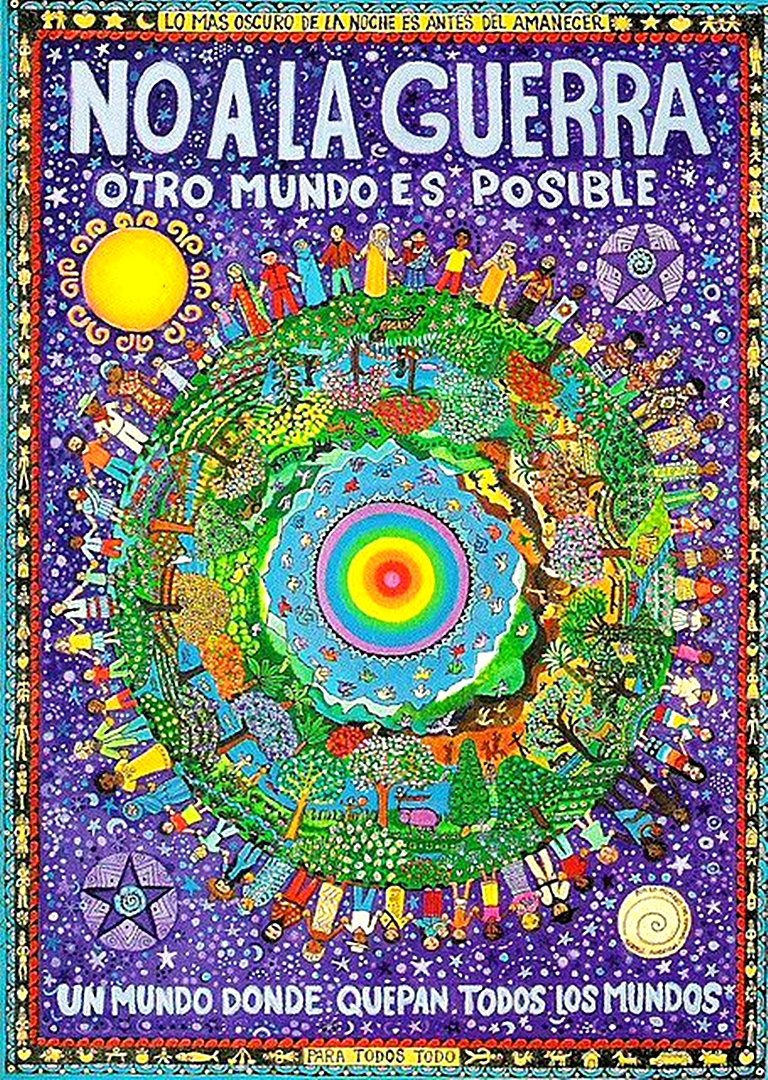The Oneness of Indigenous & Islamic Cultures
- Doucette

- Mar 3, 2023
- 3 min read
Updated: Feb 15, 2024

In a world divided by differences, it is crucial to embrace the similarities that bind us together. Muslims and indigenous people share a deep connection rooted in respect for the earth and a reverence for spirituality. Though separated by geography and culture, they are united in their shared values and beliefs.
The bond between Muslims and indigenous people is grounded in a common understanding of the sacredness of the earth. Muslims believe that the earth is a gift from Allah, and that humans are its stewards. This belief is mirrored in the worldview of indigenous people, who see themselves as part of the natural world, rather than separate from it. They hold a deep respect for the land and its inhabitants, recognizing that all things are interconnected and dependent upon each other.

Another shared value between Muslims and indigenous people is the importance of community. For both, the community is not just a group of people, but a living organism that is integral to the survival and wellbeing of its members. Muslims believe in the concept of ummah, or the global Muslim community, which transcends national, racial, and ethnic boundaries.
Similarly, indigenous people value the communal bonds that sustain their cultures, recognizing the interconnectedness of all living beings.
Spirituality is also a unifying factor between Muslims and indigenous people. Both hold a deep reverence for the divine and believe in the importance of prayer, ritual, and contemplation.
For Muslims, prayer is a central part of their daily lives, and is seen as a way to connect with Allah and seek guidance. Similarly, indigenous people engage in spiritual practices that help them connect with the natural world and the divine, and to seek balance and harmony in their lives.
The importance of justice is another shared value between Muslims and indigenous people. Both believe in the importance of standing up for the oppressed and marginalized, and in the need to work towards a more just and equitable society.
Muslims are called to stand up for justice, even if it goes against their own interests. Similarly, indigenous people have a long history of resistance against colonization and oppression, and continue to fight for their rights and the protection of their land.

Despite these shared values, Muslims and indigenous people have faced their fair share of challenges and misunderstandings. Muslims have been subjected to harmful stereotypes and discrimination, particularly in the wake of 9/11. Similarly, indigenous people have suffered centuries of colonization, displacement, and oppression at the hands of colonizers.
Despite these challenges, there is hope for a better future. By embracing their shared values and working together towards common goals, Muslims and indigenous people can build a more just and equitable world. This can take many forms, from supporting indigenous-led environmental movements, to promoting interfaith dialogue and understanding.
In this world that often feels fractured and divided, it is more important than ever to recognize the similarities that bind us together. Muslims and indigenous people share a deep connection rooted in respect for the earth, community, spirituality, and justice. By embracing these shared values and working together towards a better world, we can build a more just, equitable, and compassionate society for all.
The importance of unity between Native peoples and Muslims in defending the sacred, including the earth, was highlighted during the Standing Rock protests against the Dakota Access Pipeline (DAPL). The Sioux tribe, with support from other Native nations, Muslims, and allies, came together to protect their water source and sacred sites from the environmental threat posed by the oil pipeline.

This unified effort brought attention to the importance of respecting Native sovereignty and protecting the environment. It also demonstrated the power of diverse communities coming together to fight for a common cause. By continuing to work together, Native peoples and Muslims can build on the legacy of the Standing Rock protests to defend the sacred and promote sustainable practices that prioritize the health and wellbeing of the planet and all its inhabitants.

The Zapatista movement in southern Mexico has been a beacon of hope for many marginalized communities around the world, including the Muslim community. The movement's emphasis on autonomy, self-determination, and social justice resonates with the principles of Islam. The Zapatistas have also shown a deep respect for indigenous cultures and their ways of life, which has been an inspiration for Muslims who are seeking to revive traditional Islamic practices and customs.
The Zapatistas have welcomed people of all religions, including Muslims, into their communities, and have created a space for dialogue and cooperation between different cultures and faiths. As the Muslim community continues to grow in the Zapatista communities, it is important to recognize and honor the unique contributions that they bring, and to work together towards a more just and equitable world for all.





Comments